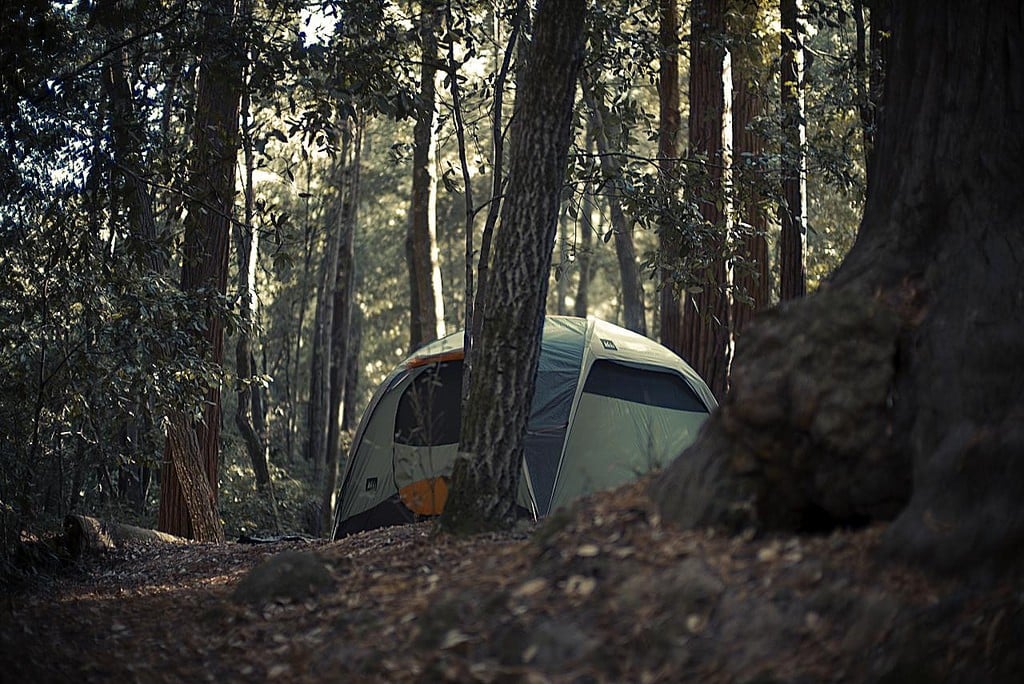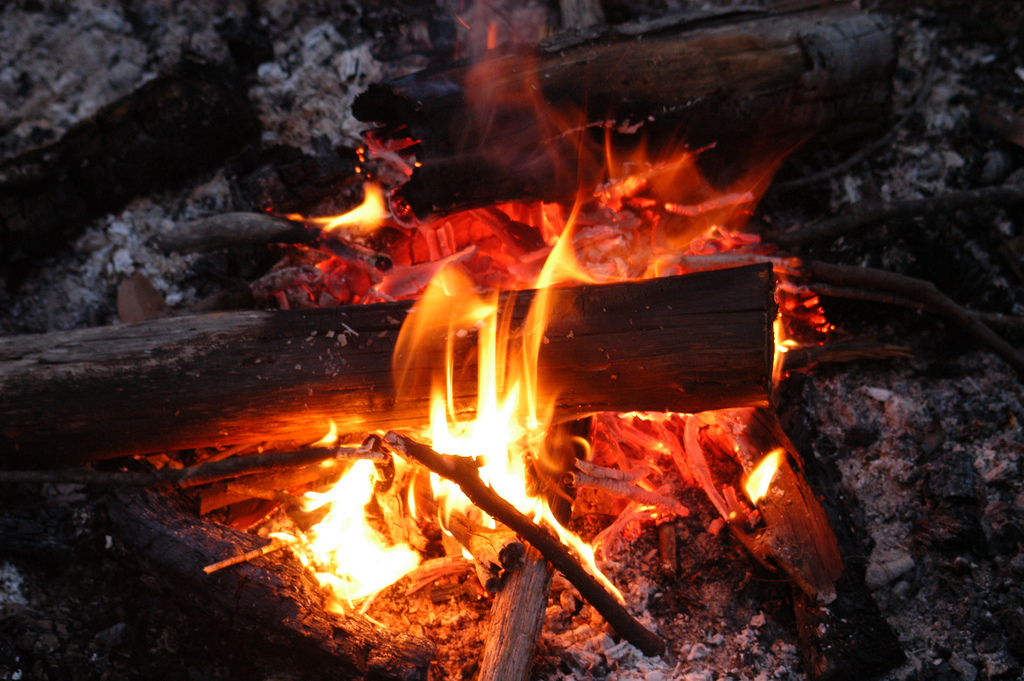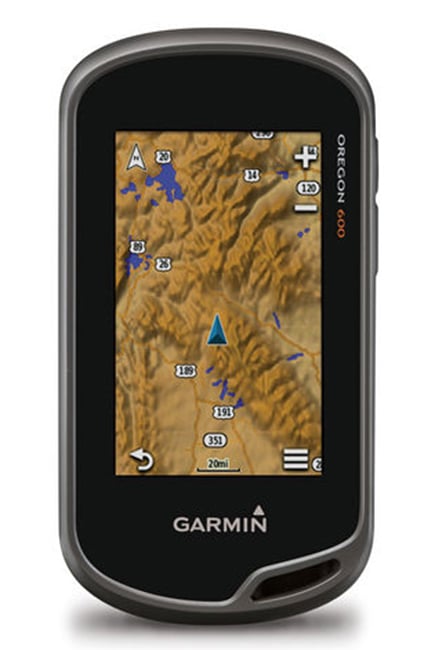Each year millions of families leave behind their electronics and modern conveniences to experience the outdoors first hand. Camping is an enduring American pastime that still has its place among the hustle and bustle of city life. It’s also a hobby that attracts many different types of people.
 While some more experienced campers may prefer to set out with only a backpack full of supplies, settling down wherever they might end up at dusk, most campers prefer a more casual camping experience. Because of this, getting started can be somewhat intimidating. Whether you’re planning your first excursion or just want to learn some new trick, here are some tips on the camping essentials that will help avert disasters and keep everyone clamoring to go on more camping trips in the future.
While some more experienced campers may prefer to set out with only a backpack full of supplies, settling down wherever they might end up at dusk, most campers prefer a more casual camping experience. Because of this, getting started can be somewhat intimidating. Whether you’re planning your first excursion or just want to learn some new trick, here are some tips on the camping essentials that will help avert disasters and keep everyone clamoring to go on more camping trips in the future.
The Essential Camping Supplies Any Season
No matter when you plan your camping trip, it’s important to have the right sleeping bag, tent, and backpack. Sleeping bags are commonly categorized by what season they are best fit for, typically more breathable bags for summer camping and more snug fitting bags to keep you toasty on a cold nights in winter and fall. Because of this, it should be easy to find a bag that will serve you best.
While tents are also classified by season, they are most commonly defined by their size. Just like dividing up the rooms at home, you may decide it makes sense to bring multiple two-person tents to your camping site, or save cargo space and bring one large tent that can fit the whole family. No matter which you choose, don’t forget to bring along tarps or footprints to prevent moisture from seeping in through the tent’s floor.
The type of backpack you’ll need will depend on several factors. If you plan on driving directly to your campsite and staying nearby most of the time, you may only need a day pack. However, if you plan on hiking and staying overnight at multiple locations, you may require a multiday or expedition pack to carry everything with you.
Camping Meals: Food, Water, and Fire
When even the hottest of summer days turn to cooler nights, almost nothing is as fun as building a camp fire, cooking up some dinner, and maybe even roasting some marshmallows. Of course making sure you have enough food and some that you can safely ingest in case you can’t cook is vital. So pack the s’mores, but don’t forget the staples.
Foods to Bring
Perhaps it shouldn’t be called “campfire cooking” but “campfire heating” instead. That’s because the best way to avoid any foodborne illnesses while you’re camping is to bring only foods that are fully cooked. That way even if you mange to burn the exterior of your food but leave the internal temperature just above freezing, you won’t run the risk of accidentally giving yourself food poisoning.
A popular campsite dish is spaghetti, as many figure all you need is a pot and the flame to boil that water. Unfortunately it’s not that easy. Bringing your water to a sustainable boil can be a tall order. Instead try cooking the pasta at home (though leave it a bit firm) so you merely have to finish the job when the time comes to eat.
Speaking of water, make sure you have enough of it. If you’re going to boil your drinking water, ensure that you still have plenty to last you for your full trip including any unforeseen emergencies. Should you need water from nature, check out these tips from the CDC for finding and treating water found from natural sources. It’s also worth noting that alcohol promotes dehydration especially in cold temperatures, so be sure you are drinking enough water in addition to whatever else you place in your cup 😉
The first thing you’ll need to get your campfire going is wood. If you have the luxury of bringing your own, go for it. Otherwise you’ll need to find dry, dead wood from around your campsite area. Remember not to cut down any live trees or branches and instead try to find pieces of trees that have already been broken off. Also, if the wood is green it won’t burn as nicely and will give off a lot of smoke.
After you’ve gathered your wood you will need to split any logs you’ve found to allow them to catch fire more easily. This can usually be accomplished with a hatchet or a sheath knife and club. It doesn’t have to be perfect, but you’ll have better luck burning split logs than whole ones.
One trick to keep your fire going is to utilize a rubber hose, as described here. The essence of the trick is to take a 3” piece of 3/8” copper tubing and attaching an 18” piece of rubber tubing to it. Then you can gently blow onto the embers at the base of the fire. This is a similar principal to those accordion-like fans you find in most fireplace sets. This simple technique will help encourage your fire to get or keep going.
Seasonal Camping Tips
Before you head out into the wilderness, it’s important that you bring along everything you’ll need. Even if you intend on truly roughing it, there are a few essentials you’ll need to bring with you beyond the typical food, water, and clothes. What you bring with you may also vary by the time of year you head out.
Summer Camping Essentials
For summer camping, you’ll need to protect yourself from the sun. That’s why sunscreen is a must. Make sure you pick up one with a decent SPF (30+), especially if you have a paler complexion you don’t want to cut your trip short due to sunburn. Along those same lines, you’ll probably want to also grab some chapstick with SPF to protect your lips as well.
In the city sunglasses are often worn for fashion, but in the woods they’re worn for safety. In addition to protecting your eyes from the hash rays of the sun, if you’re hiking against the sun, it may be difficult to see the trail in front of you without the UV protection of quality sunglasses. Also be sure to get a strap for your glasses so you don’t lose them along the way. Remember: functionality not fashion is the most important thing here.
Now that you’re safe from the sun, you’ll want to stave off the numerous insects that can both annoy and infect. In some cases you can get a sunscreen that includes a repellant, but it’s not a bad idea to get both individually. Insect repellents are overall safe, but be careful about spraying it on kid’s hands as they tend to stick their fingers in their mouths and the repellant can cause upset stomachs if ingested.
Winter Camping Essentials
Camping during the winter months is not for the faint of heart. Sure you can skimp a bit on the sunblock for your arms and legs since you’ll be bundled up in all kinds of layers to keep yourself warm but there are a number of items you simply can’t do without. First don’t forget to bring along a warm hat, earmuffs, ski mask, scarf, jackets, boots, thick socks, and long underwear. If you plan on going hiking, you may want to also bring extra pairs of long underwear in case you do end up sweating on the trail. Make sure to change before the sweaty long underwear turns into an uncomfortable layer of damp cold against your skin.
Not only is it cold in the winter, but there is always the possibility of everyone’s favorite form of precipitation, snow, making an appearance. Unlike rain that dries up in a few hours, snow tends to stick around, causing large areas to remain damp for days if not weeks. Because of this you’ll want to bring extra sets of dry clothes and keep them in a dry sack to ensure you’ won’t be stuck in wet clothes for too long.
Camping Comfortably: Non-Essential Essentials
While most enjoy camping for the absence of Gameboys, iPads and work calls found in everyday life, some aren’t exactly fans of roughing it. Unfortunately some of these people are married to outdoor enthusiasts who love the great outdoors and all that comes with it. If your spouse or significant other requires a little coaxing before going camping, you may want to look into these compromises.
Home Away from Home
Let’s face it; sleeping on the ground is not always a pleasure. Even when in a sleeping bag and under a tent, the ground can be moist, cold, lumpy, and uncomfortable. To combat this some casual campers prefer to bring along sleeping pads and then put their sleeping bags on top of the pads. If that’s still not enough, you could also bring a small air mattress along, but if you’re staying at a populated campground, the sound of your air mattress pump will likely not make you any friends 😉
While you may be quick to ban all technology when out in the wilderness, perhaps an exception can be made in the case of GPS. If you’re not very familiar with the area and don’t trust yourself with a classic compass, having a GPS can be great tool to make sure you can explore the wilderness and still return safely. Having one will also help give your less-enthusiastic travelers the piece of mind they need to start enjoying their excursion the way you do.
Conclusion
Even in today’s world, camping remains a popular hobby and fun family activity. Whether you’re looking to take your first trip, are venturing out of the campgrounds scene and into the real wilderness, or are just looking to up your game, trying these camping tips will ensure that your next adventure is a great one.


Leave a Reply